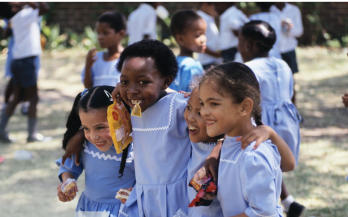
Campaigns

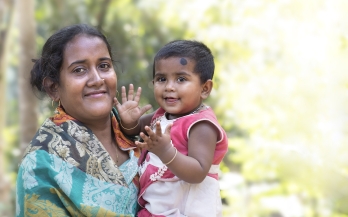
GAIN Celebrates International Women’s Day 2026
- Global
For International Women’s Day 2026, GAIN aligns with the global theme “Rights. Justice. Action. For ALL Women and Girls”, highlighting how investing in nutrition supports women’s rights, strengthens agency, and drives long-term development.
Harnessing AI to Transform the Fight Against Malnutrition
Billions of people worldwide are malnourished. Despite our best efforts, the cost of a healthy diet and food insecurity continue heading in the wrong direction. Without significant intervention, this crisis will persist—but we believe artificial intelligence (AI) represents a powerful new tool to help change that trajectory.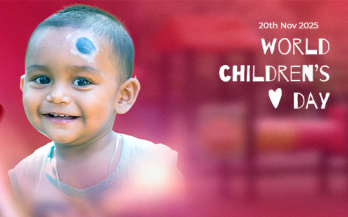
World Children’s Day 2025
World Children’s Day 2025 – 20th Nov My Day, My Rights GAIN strengthens school meals, supports local SMEs, and boosts access to nutrient-rich foods. We empower children and youth as changemakers to build healthier, stronger communities.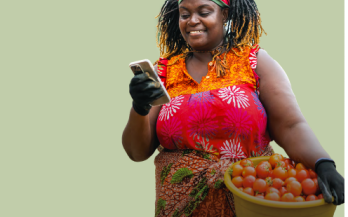
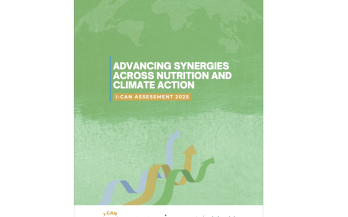
Advancing Synergies Across Nutrition and Climate Action I-CAN ASSESSMENT 2025
The Initiative on Climate Action and Nutrition (I-CAN) is a multistakeholder, multi-sectoral global flagship program
Launched by Government of Egypt at the “Adaptation and Agriculture” thematic day at COP27
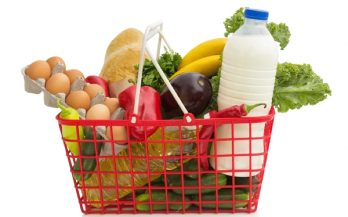
True Cost of Food Basket
Global food systems generate a wide range of health, environmental, and socio-economic externalities that vary across regions, demographic groups, value chains, and production contexts. These include positive effects such as improved food and nutrition security, better air and water quality, job creation and community development, but also negative outcomes such as malnutrition and diet-related diseases, climate change and land degradation, unfair labour practices and rights violations. Yet, these costs and benefits are rarely reflected in the market price of food. To design future food systems that promote health, environmental sustainability, social equity/justice, and resilience, we must make these hidden impacts visible and act upon them.
Turning Commitments into Action: Ethiopia Advances Nutrition for Growth (N4G) Promises with Bold Accountability Measures
Ethiopia faces persistent malnutrition and emerging diet-related challenges. Nutrition for Growth (N4G), a pledging movement in which the world’s leaders have committed to centre nutrition, offers a platform to mobilize multisectoral action and accountability. GAIN offers technical expertise in food systems and nutrition governance, to support Ethiopia translate its national strategies in its goal of supporting the Government of Ethiopia (GoE) in accelerating its progress towards Food System Transformation.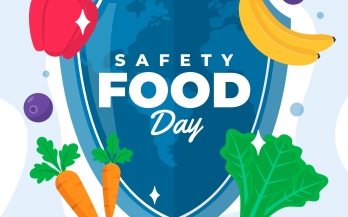
GAIN World Food Safety Day
GAIN is working to improve the consumption of healthier diets for all, especially the most vulnerable. We know that if food is not safe, it is not food. That is why our mission includes improving the availability, affordability, desirability, and sustainability of nutritious and safe foods, and reducing the consumption of unhealthy and unsafe foods.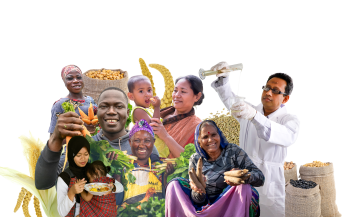
World Food Day 2025
Global
2025 Theme : FAO’s 80th Anniversary World Food Day is an international day celebrated every year worldwide on October 16 to commemorate the date of the founding of the United Nations Food and Agriculture Organization in 1945. Stay tuned for GAIN’s contributions to World Food Day 2025.